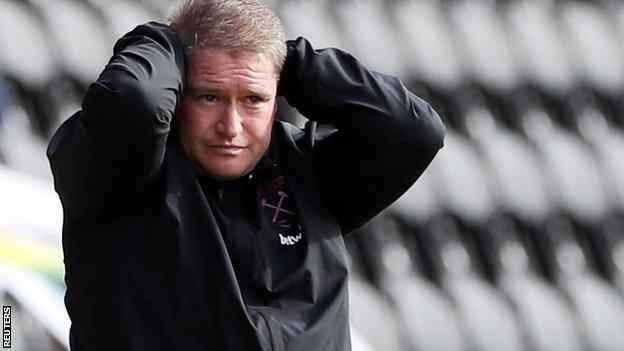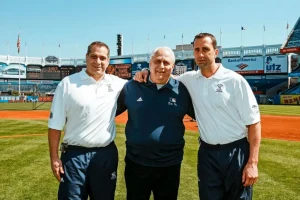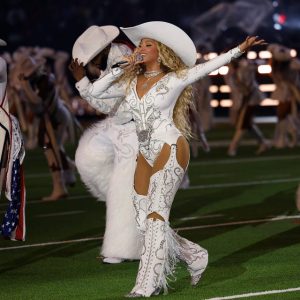
David Gold, who died at the age of 86 following a short illness, was a lifelong West Ham fan. Gold didn’t have to look far to find his boyhood club. West Ham’s former co-owner grew up at 442 Green Street, in a house immediately across from Upton Park, and there was never any possibility of him becoming anything other than a lifelong Hammer.
Gold, whose death was confirmed by the Premier League club on Wednesday, adored West Ham. He was a promising schoolboy footballer who played for the club’s boys’ squad from the ages of 13 to 16, and later the young team. Football was in his blood. He did not succeed as a professional, but he found a way to return to the game after establishing a successful business career.
It was a tough road. Gold described growing up in “abject poverty” and stating that his family had no money. He began working at the age of 14 in order to supplement his income. Gold and his brother, Ralph, would go on to control Gold Group International, which owns Knickerbox and the Ann Summers adult shop chain. In 1986, the Gold brothers assisted David Sullivan in launching the low-cost Sunday Sport newspaper.
Sullivan’s partnership with Gold expanded. They entered the world of football in 1993 by purchasing Birmingham City, who would be promoted to the Premier League nine years later. Karren Brady was appointed managing director of the Midlands club, becoming the first woman to serve on a Football League board.
A fruitful partnership was formed. Sullivan, Gold, and Brady left Birmingham in 2009 and arrived at West Ham in January 2010. It was a hard moment. West Ham’s Icelandic owners had left the team in dire financial straits, and relegation from the Premier League was looming. According to West Ham’s statement yesterday, Gold played a role in helping “to steady the ship and protect the Club’s future during a period of great financial uncertainty”.






